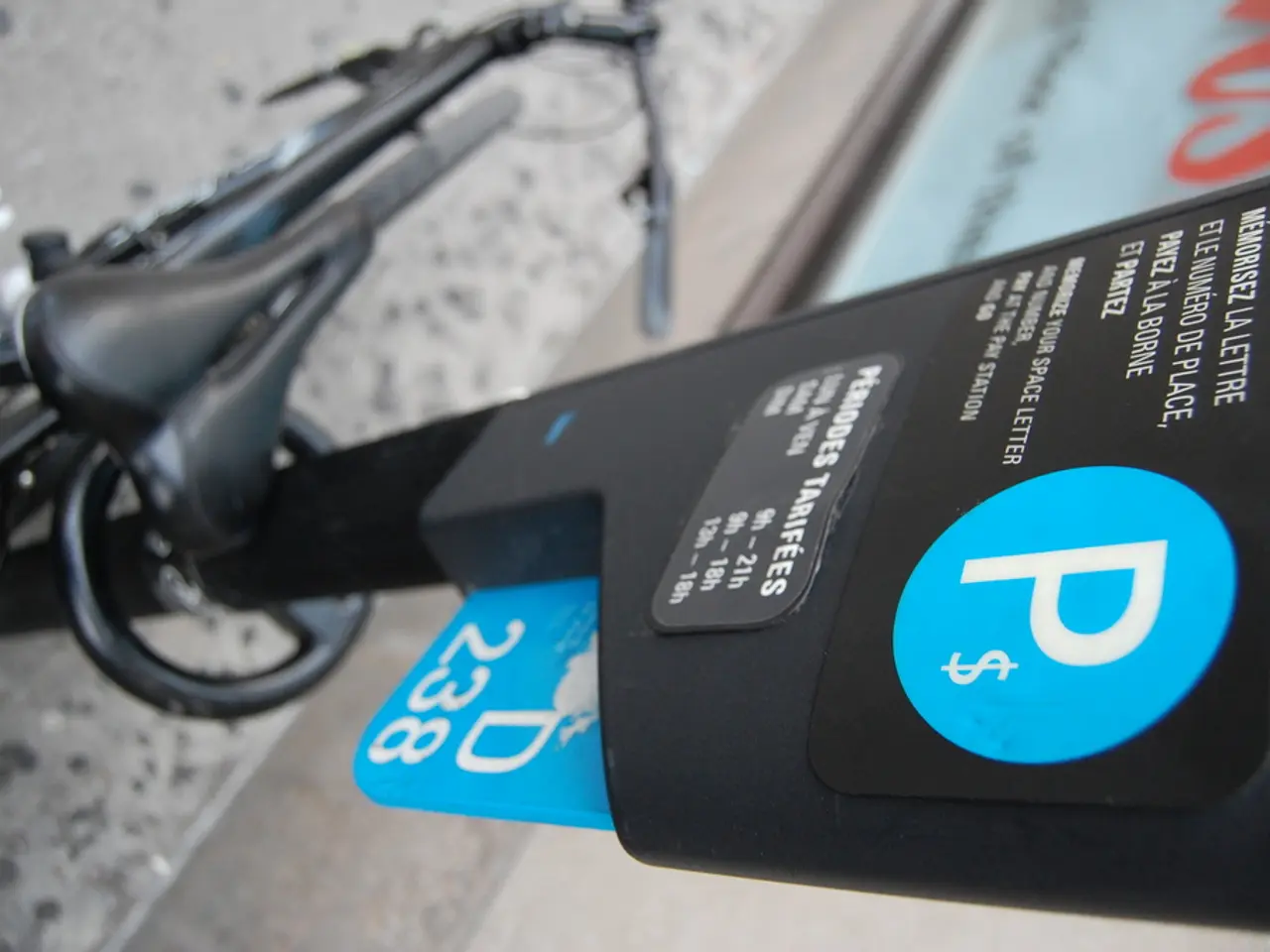Autonomously Driven Maserati Achieves Top Speed of 197.77 mph at Kennedy Space Center, Florida
High-Speed Autonomous Driving Advancements Showcased in Florida
In a significant stride towards the future of autonomous driving, a Maserati MC20 Cielo joined the 1000 Miglia Experience Florida at the Kennedy Space Center's Space Florida Launch and Landing Facility. The test, conducted without a human driver, aimed to enhance safety for low-speed urban mobility situations, pushing the boundaries of autonomous driving.
The event marked a collaboration between the Indy Autonomous Challenge (IAC), Politecnico di Milano, Maserati, and the 1000 Miglia Experience, showcasing the intersection of tradition and innovation. The test was used to refine autonomous driving software and hardware under controlled conditions.
The AI system behind the Maserati MC20 operated without human intervention, demonstrating its capabilities in high-speed, complex environments. The robo-driver successfully navigated the test, reaching a speed of 197.7 mph, surpassing the previous record set by the IAC in 2022.
The AI-driven Maserati MC20 Coupe has been tested in production vehicles at legal road speeds in the Indy Autonomous Challenge races since 2021. The tests assessed the AI's stability, robustness, and reaction time, providing valuable insights for the development of safer, more reliable systems for everyday transportation.
The partnership aims to advance high-speed autonomous driving, with potential implications for both motorsport and consumer vehicles. The advancements will pave the way for safer, high-speed autonomy on highways, as stated by Paul Mitchell, CEO of Indy Autonomous Challenge.
Prof. Sergio Matteo Savaresi, Scientific Director of the project and Director of the Department of Electronics, Information, and Bioengineering at the Politecnico di Milano, explained the purpose of the test, emphasizing its importance in the development of AI-driven vehicles.
Autonomous racing acts as a testbed for refining AI systems that could be applied to consumer vehicles, particularly for features like collision avoidance and traction control under high-stress, high-speed scenarios. The technology's ability to perform without human panic and with split-second precision has broad implications for future autonomous driving safety.
The latest advancements in high-speed autonomous driving, as demonstrated by the Indy Autonomous Challenge (IAC) and allied initiatives globally, show significant progress in AI-driven racecar technology pushing the limits of speed, precision, and safety under complex conditions. These developments are setting foundational technologies that could influence both motorsport and consumer autonomous vehicles, with promising cross-pollination from university research and automotive industry efforts.
The Maserati MC20 Cielo's journey through the United States showcases Italian automotive innovation, underscoring the transformative potential of artificial intelligence in high-speed mobility. The test at the 1000 Miglia Experience Florida is a testament to the ongoing efforts to revolutionize the automotive industry and pave the way for a safer, more efficient future.
[1] Indy Autonomous Challenge [2] Politecnico di Milano [3] 1000 Miglia Experience [4] Maserati [5] A2RL
- The partnership between Indy Autonomous Challenge, Politecnico di Milano, Maserati, and the 1000 Miglia Experience is aimed at advancing both finance and technology in the automotive industry, particularly in high-speed autonomous driving.
- The implications of these advancements in high-speed autonomous driving, as shown by the Indy Autonomous Challenge, Politecnico di Milano, Maserati, and the 1000 Miglia Experience, could potentially revolutionize the transportation sector, facilitating smoother financial transactions in the finance industry.




